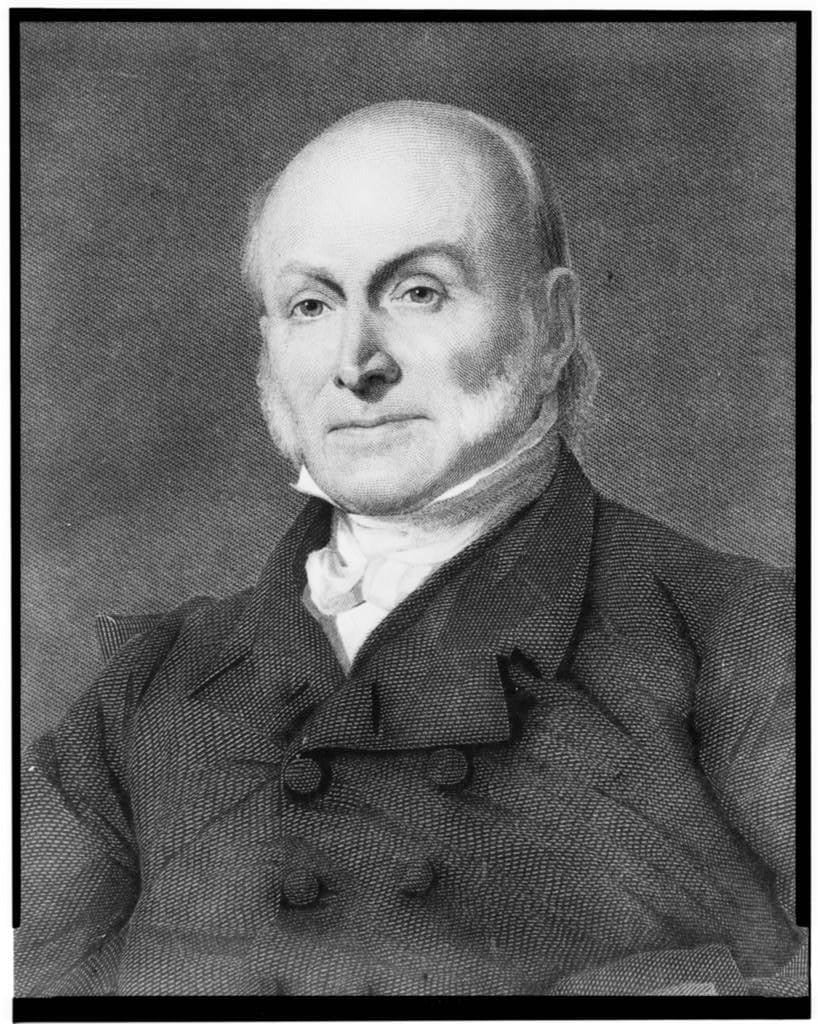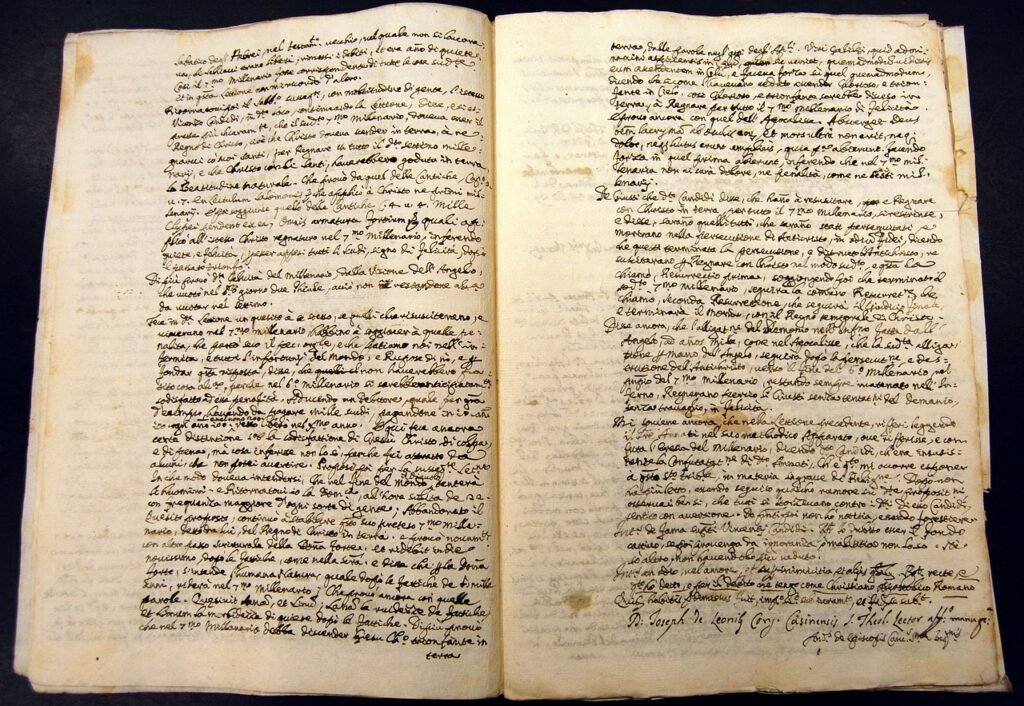




John Quincy Adams
John Quincy Adams, the sixth President of the United States, was a distinguished statesman, diplomat, and intellectual. Son of Founding Father John Adams, he followed in his father’s footsteps to become one of the most prominent figures in American politics. From his early diplomatic missions to his presidency and later career in Congress, Adams played a crucial role in shaping American foreign policy and national development. This biography explores the life and legacy of John Quincy Adams, highlighting his contributions to American governance and diplomacy.
Early Life and Education
Birth and Family Background
John Quincy Adams was born on July 11, 1767, in Braintree, Massachusetts, to John Adams and Abigail Adams. He was the eldest son and second child of the future President John Adams, and his upbringing was marked by a strong sense of duty and patriotism (Nagel, 1997). The Adams family was deeply involved in the political and intellectual life of colonial America, and young John Quincy was exposed to politics and public service from an early age.
Education and Early Influences
Adams received a rigorous education at home, under the guidance of his mother and father, both of whom were well-educated and intellectually curious. He studied classical languages, literature, and philosophy, laying the foundation for his future career as a diplomat and statesman (Nagel, 1997). At the age of eleven, Adams accompanied his father to Europe, where he continued his education at prestigious schools in Paris and Amsterdam.
Diplomatic Missions and Foreign Travel
Adams’ formative years were shaped by his experiences abroad, where he accompanied his father on diplomatic missions to Europe. These early travels exposed him to foreign cultures, languages, and political systems, instilling in him a deep appreciation for international affairs and diplomacy (Nagel, 1997). Adams’ exposure to European politics and culture would prove invaluable in his later diplomatic career.
Diplomatic Career and Public Service
Early Diplomatic Assignments
After completing his education in Europe, Adams returned to the United States and embarked on a career in public service. In 1794, President George Washington appointed him as Minister to the Netherlands, making him one of the youngest diplomats in American history (Nagel, 1997). Adams’ diplomatic skills and fluency in several languages made him well-suited for the challenges of international diplomacy.
Minister to Prussia and Negotiations with Napoleon
In 1797, Adams was appointed as Minister to Prussia by President John Adams, his father. During his tenure in Berlin, Adams negotiated treaties and alliances with European powers, including Prussia and Russia (Nagel, 1997). His diplomatic efforts helped to secure American interests in Europe and establish diplomatic relations with key European nations.
Secretary of State under Monroe
In 1817, President James Monroe appointed Adams as Secretary of State, a position he held for eight years. As Secretary of State, Adams played a crucial role in shaping American foreign policy and diplomacy, including the negotiation of the Adams-Onís Treaty with Spain and the Monroe Doctrine (Nagel, 1997). His leadership and diplomatic skill earned him widespread acclaim and set the stage for his future presidency.
Presidency
Election of 1824 and Controversial Presidency
In 1824, John Quincy Adams ran for President in a highly contested election. The election, which featured four candidates from the Democratic-Republican Party, ended in a deadlock, with no candidate receiving a majority of the electoral votes (Nagel, 1997). As a result, the election was decided by the House of Representatives, which ultimately chose Adams as President. His victory was controversial, and Adams faced criticism from his political opponents throughout his presidency.
Domestic Policies and National Development
Adams’ presidency was marked by ambitious domestic policies aimed at promoting national development and economic growth. He advocated for federally funded infrastructure projects, including roads, canals, and public works programs (Nagel, 1997). Adams also supported the establishment of a national university and scientific research institutions, laying the groundwork for America’s future as an industrial and technological powerhouse.
Foreign Policy and Expansionism
In foreign affairs, Adams pursued a policy of expansionism and territorial acquisition. He negotiated treaties with Native American tribes to acquire their lands and promote westward expansion (Nagel, 1997). Adams also sought to strengthen American influence in Latin America and the Caribbean, establishing diplomatic relations with newly independent nations and asserting American hegemony in the Western Hemisphere.
Legacy and Historical Assessment
John Quincy Adams’ presidency is often overshadowed by those of his predecessors, but his contributions to American governance and diplomacy are significant. As a diplomat, statesman, and intellectual, Adams played a crucial role in shaping American foreign policy and national development. His presidency laid the groundwork for America’s future as a global superpower and established important precedents for executive leadership (Nagel, 1997).
Later Years and Legacy
Congressional Career and Defense of Liberty
After leaving the presidency in 1829, Adams returned to public service as a member of Congress. He represented Massachusetts in the House of Representatives for nearly two decades, where he emerged as a leading voice for civil liberties and abolitionism (Nagel, 1997). Adams’ defense of liberty and opposition to slavery earned him widespread admiration and cemented his legacy as a champion of human rights.
Final Years and Death
John Quincy Adams died on February 23, 1848, in Washington, D.C., at the age of 80. His death marked the end of an era in American politics and public service (Nagel, 1997). Adams’ legacy as a diplomat, statesman, and defender of liberty lives on, inspiring future generations of Americans to uphold the principles of democracy and justice.
Final Summary
John Quincy Adams’ life and legacy are a testament to his leadership, intellect, and dedication to public service. From his early diplomatic missions to his presidency and later career in Congress, Adams played a crucial role in shaping American history and governance. As a diplomat, statesman, and champion of liberty, John Quincy Adams’ contributions to American democracy are unparalleled.
References
Nagel, P. (1997). John Quincy Adams: A Public Life, A Private Life. New York, NY: Vintage Books.
